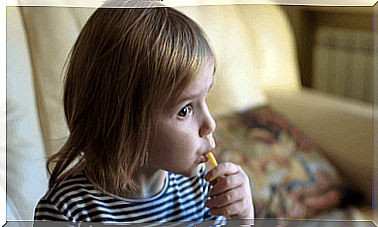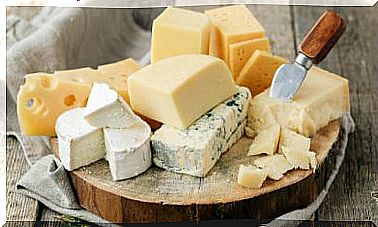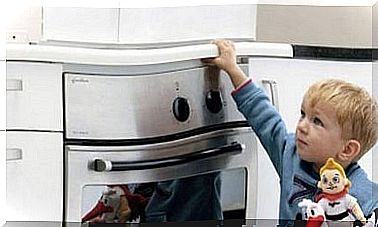How To Prepare Homemade Food For The Baby?
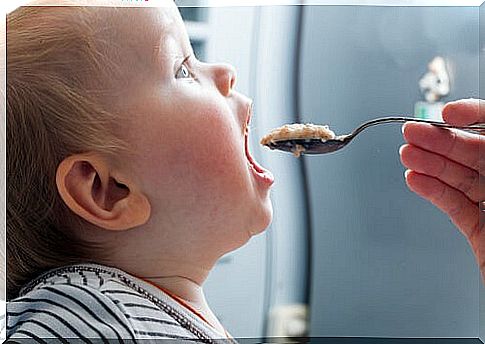
Preparing homemade food for the baby is easier and more convenient than you think. In addition to ensuring that your child eats healthy foods, you will also save a lot of money on ready-made products. The key is to choose fresh, clean and healthy ingredients.
As your child begins to eat solids, preparing his meals will be easier. It will be enough to puree the same recipes that you prepare for the rest of the family.
This way you will save time in terms of adapting the baby to the routines they share with their parents and siblings.
Some Simple Homemade Baby Food Recipes
Pea puree
Peas are packed with vitamins A, C, iron, calcium, and are an excellent source of protein. It is enough to cook them until they are soft and marinate them until they have a creamy texture. Make sure you strain the shells well so they don’t cause an uncomfortable sensation in your baby’s mouth.
Banana’s mashed
It is considered the “perfect food” in the initial stage of the baby’s diet. Bananas are full of potassium, fiber and are also gentle on the stomach, which has not yet ripened. This fiber intake will help you progressively increase the biodiversity of the intestinal microbiota, according to an article published in the journal “Alimentary Pharmacology & Therapeutics”.
Avoid overdoing this food to avoid constipation. Peel the banana, mash it with a fork and, to soak it a little, add a little breast milk or formula.
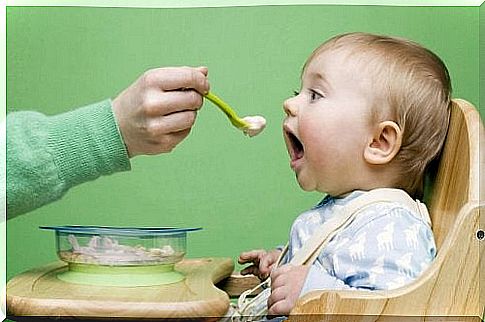
Rice cereal
Rice cereal for babies is one of the most recommended foods because it is not allergenic. It will also be easy to digest and its smooth texture makes it easy to transition between a liquid and a solid diet.
For its preparation, you will need three tablespoons of brown rice and a cup of water. First, you must put the uncooked rice in a blender or food processor until you get a fine powder. Then, mix it with the water in a container and put it on the heat until it boils.
At the end of the process it should have a creamy consistency . You can add more water or more rice, depending on the age of the baby.
Avocado puree
Avocado is considered a healthy source of fat that contributes to the physical and brain development of the baby. Contains folate, fiber, potassium, vitamin C, and iron.
To make it, mash an avocado with a fork or processor and then add water or breast milk until it looks good to your little one.
Mashed carrots
The carrot provides antioxidants and vitamins, especially vitamin A. To prepare it, peel the carrots, cut them into pieces and put them to cook in water or in unsalted chicken broth.
Wait until they are soft and soft, let them cool and crush them. The amount of liquid you add depends on the consistency you want.
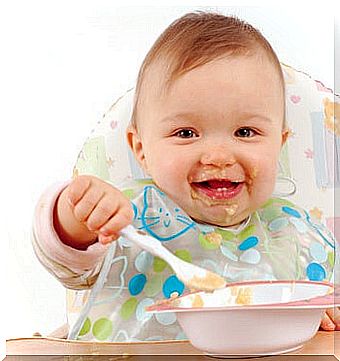
Recommendations for serving and storing
- When preparing homemade food for your baby, always make sure that it is not warmer than his body temperature.
- If you are going to take the food to the microwave oven, check that there are no areas hotter than others. To avoid inconvenience, let it rest a little before consuming it or giving it to the baby.
- Put only small amounts of food on the plate, what you think the baby will consume. Leftover food is prone to bacteria accumulation due to contact with saliva.
- Avoid adding sweeteners to the foods you prepare for your baby. Little ones don’t need extra amounts of sugar. Also do not use honey to avoid the appearance of bacteria such as those that cause botulism.
- Ingredients that you did not use when cooking your recipe can be frozen and stored for a few days. Fruits and vegetables can last for months if you store them correctly.
- Remember to wait until the baby is 4 to 6 months old before offering solids. During this stage there are signs of physiological development that indicate that the baby is ready to vary his diet.
- Another option is to let your child handle solid foods on their own to get used to its texture and taste. This technique contributes to reducing food rejections in the future, according to a study published in 2018.
Complementary feeding, an important step in development
As you can see, homemade baby food is very easy to prepare and safer than buying ready-to-eat food. In this way, in addition, you will be completely sure of the quality of all the nutrients that you are providing to the baby.
Remember to offer your child a variety of food. A good food education in the early stages of life reduces rejections at a later stage. In addition, the diversity in terms of food exposure reduces the risk of developing autoimmune diseases.





